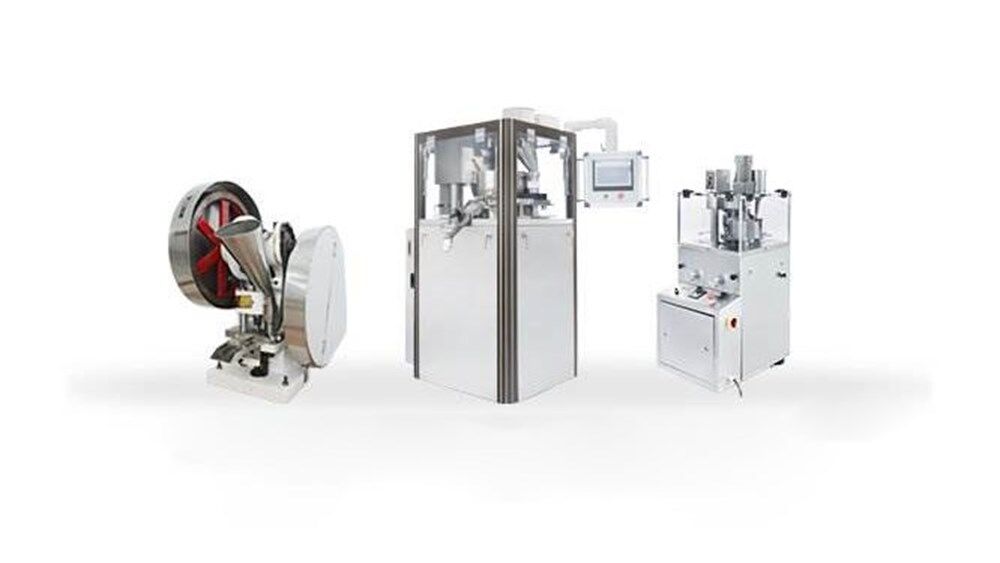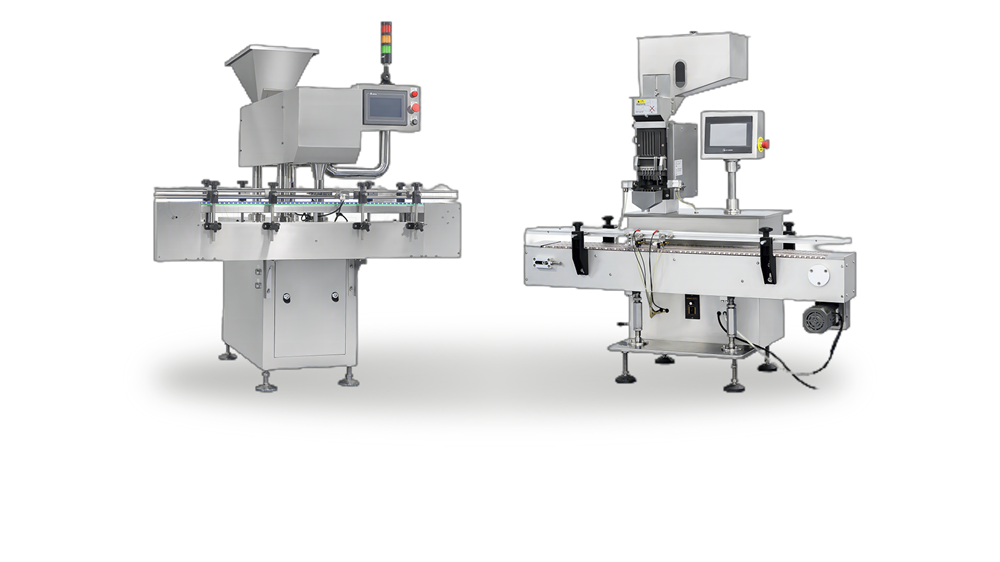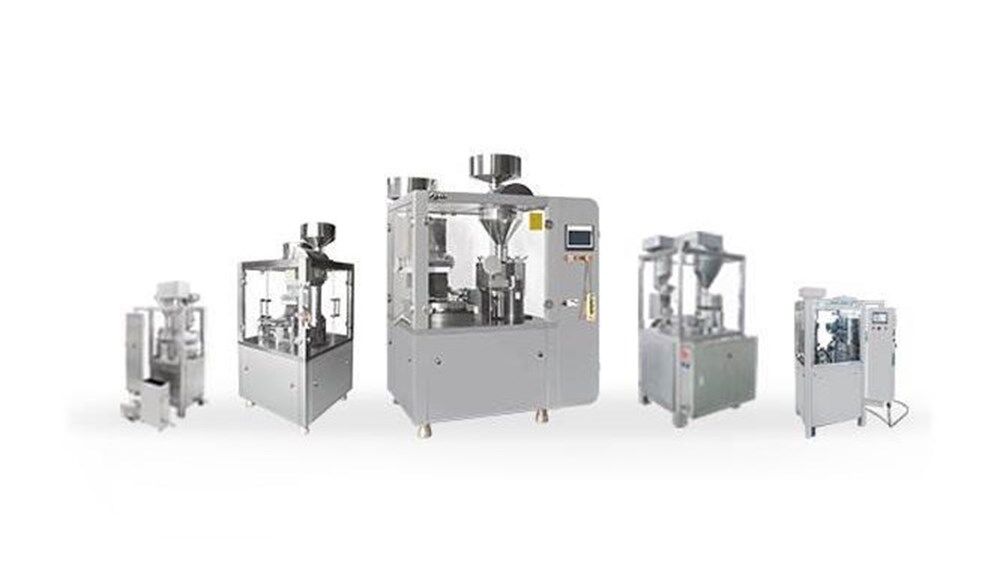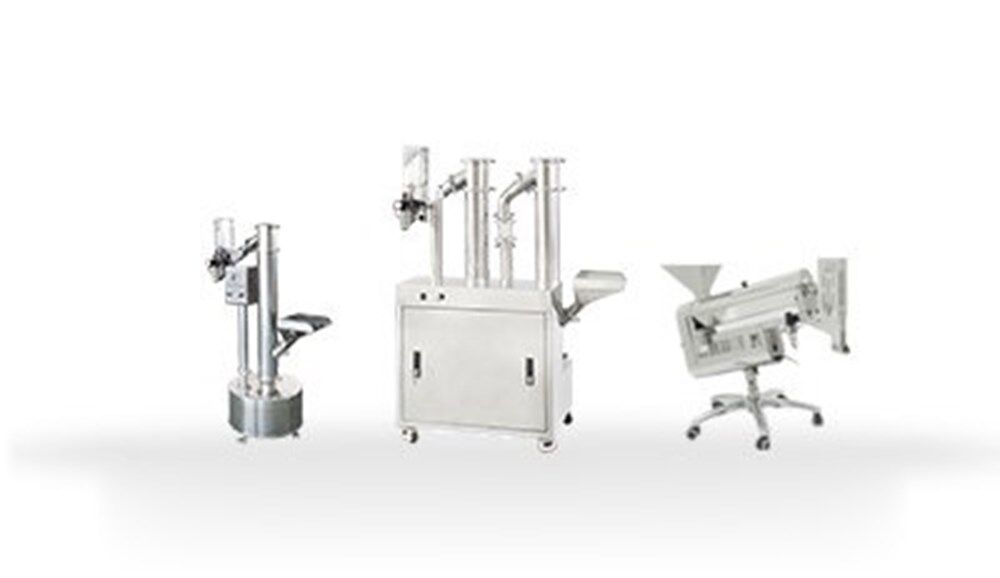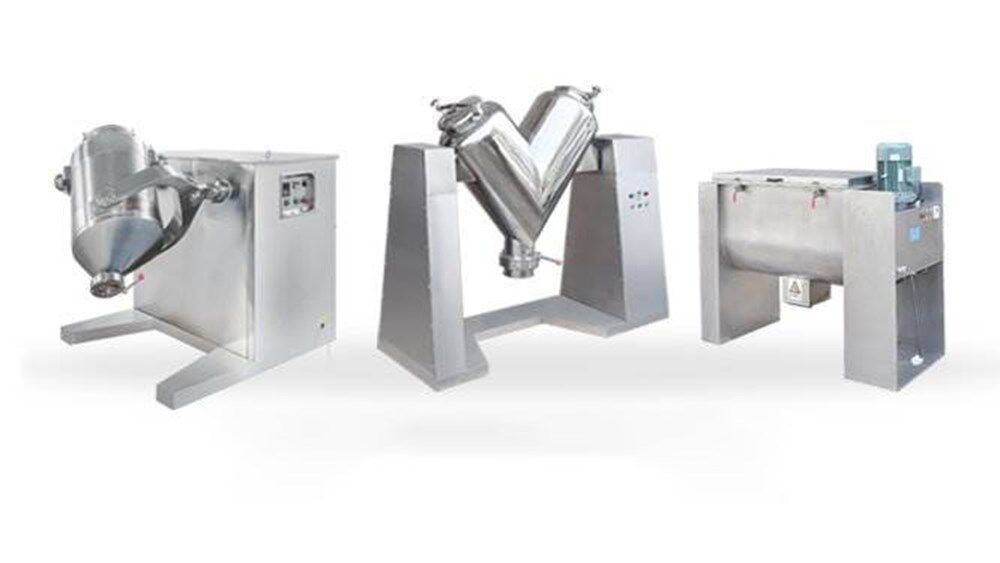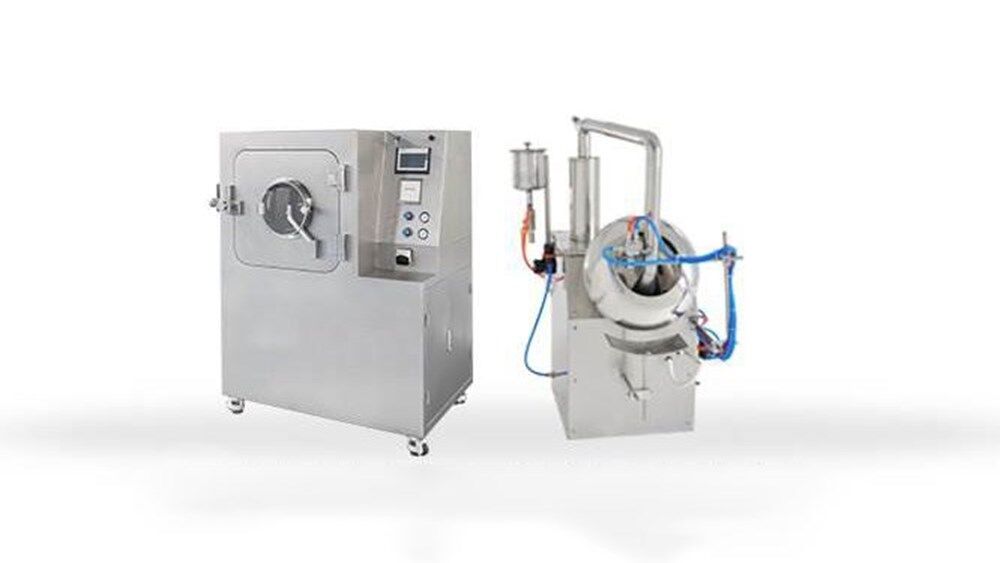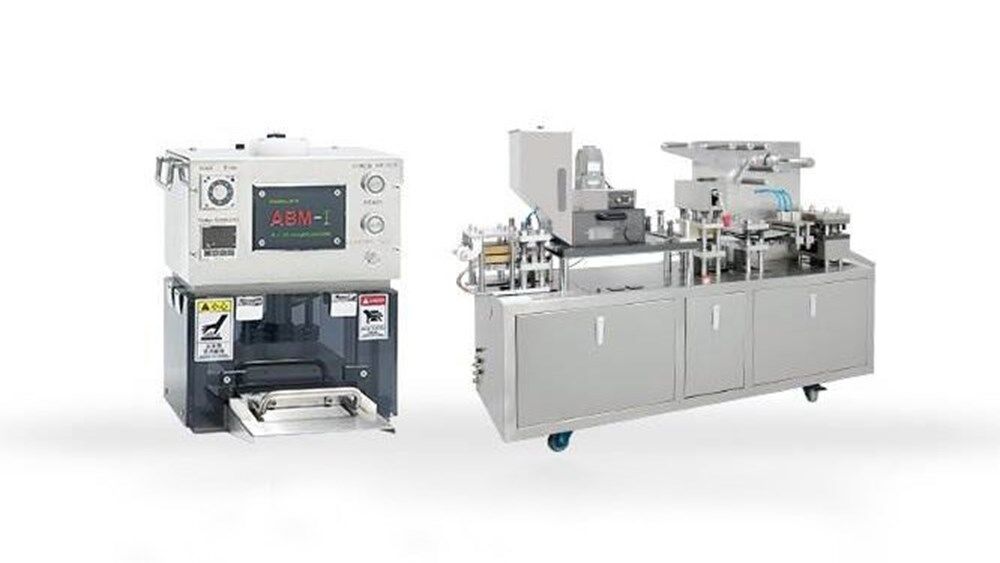Need a Half Dose? How to Divide Capsules Like a Pro
Ever found yourself needing to give half a capsule, maybe for your pet's medication? It's a common dilemma. Some capsules shouldn't be split, but others, especially for pets, often need to be split for the right dose. So, when you're faced with a capsule and the need to halve its contents, what's the safest and most effective way to do it? Read on to learn the best method for splitting capsules in half, step by step.
Is It Okay to Divide the Capsule into Two Halves?
 You might need to split a capsule in half or divide a medicine capsule into two parts to get the right dosage. Most of the time, it's not a good idea to split capsules, unless your healthcare provider tells you to. But there are times when it's necessary. Whether you can safely split a capsule depends on a few things, like the type of capsule and the medication it contains.
You might need to split a capsule in half or divide a medicine capsule into two parts to get the right dosage. Most of the time, it's not a good idea to split capsules, unless your healthcare provider tells you to. But there are times when it's necessary. Whether you can safely split a capsule depends on a few things, like the type of capsule and the medication it contains.
Some capsules can be split without any problems, but others might be dangerous because you might get the wrong dose or they might not work as well.Capsules can have liquids, powders, or gels in them. Liquid and gel doses are often too small to control, so it's usually better to split the powder-filled capsules when you need to halve a dose.
Would It Be Safe to Split the Capsule in Half?
The safety of splitting a capsule depends on both how you do it and what the capsule contains.
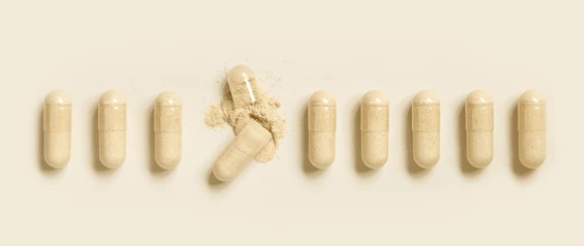
Splitting ways
If you do it right, splitting a capsule can be safe. The capsule's main job is to protect the medicine inside from light and moisture. Also, it makes sure it's delivered and works well. So, how you split the capsule is really important. You have to split it safely and in a clean place, so that bacteria and humidity don't mess up the medicine.
What’s inside the capsule
You can usually split capsules that have powders in them, but not all medications are safe to split. Some drugs, especially the ones with trace elements, are sensitive to temperature and humidity, or have special active ingredients, and you should never split them. Splitting these types of capsules can change how well they work or even cause a safety issue.
How Do You Split a Capsule in Half Step by Step?
To safely and effectively divide a capsule in half, follow these steps:
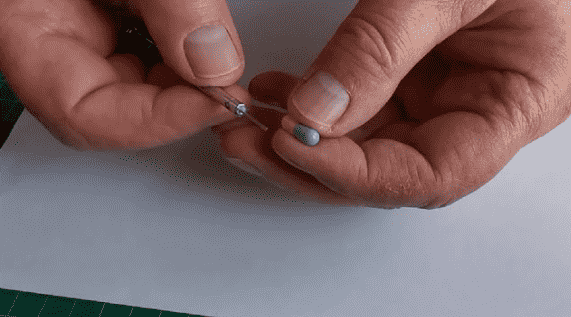
Step 1 - Prepare your tools
Gather your supplies. This includes a pair of clean rubber or nitrile gloves to prevent contamination of the capsule contents. You'll also need a small, clean pharmacy scoop (or similar tool) to handle the powder, and a clean container to hold the opened capsule.
Step 2 - Detach the capsule
Pinch both ends and twist firmly. That'll separate the capsule body from the cap. Then, when it's open, just pour the capsule powder into your clean, sterilized container.
Step 3 - Divide the capsule powder
Use the pharmaceutical scoop to divide the capsule powder into two equal portions. If you want to be precise, you can use a lab scale to weigh the powder and then divide it into two equal parts.
Step 4 - Recap(optional)
If you want, you can put each part of the divided powder into smaller empty capsule shells. Then, seal the smaller capsule shells. This step isn't always necessary, especially if the powder can be easily mixed with food or drink.
Which Types of Capsules Can be Split in Half?
Sometimes, people have trouble swallowing pills. One way to help is to crush or open capsules. But not all capsules can be split. Only some types of capsules can be safely divided. Here are a few examples:
Vitamin capsules
 These capsules are usually full of different vitamins. If you split them, the amount of vitamins in each one and how well they work will not change.
These capsules are usually full of different vitamins. If you split them, the amount of vitamins in each one and how well they work will not change.
Herb capsules
 Similar to vitamin capsules, herb capsules are used to support the immune system. So, you can usually divide them without reducing their effectiveness.
Similar to vitamin capsules, herb capsules are used to support the immune system. So, you can usually divide them without reducing their effectiveness.
Probiotic capsules
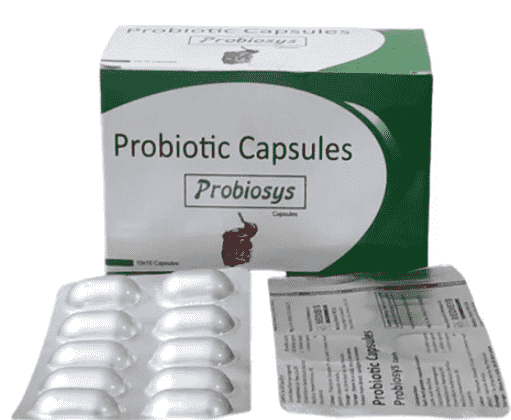 These capsules help with gut health, especially for infants and young kids. You can often open them and mix the contents with food or drink (like milk powder) to make it easier to take.
These capsules help with gut health, especially for infants and young kids. You can often open them and mix the contents with food or drink (like milk powder) to make it easier to take.
Fish oil capsules

Fish oil and other liquid-filled capsules can sometimes be split and taken orally. The oils and liquids in them are usually pretty stable, so they're often just as effective and have the same dosage.
Which Types of Capsules Can't Be Split in Half?
Splitting capsules might seem like a good idea, but it's not a good idea to split some types of capsules. Splitting can change how well the medicine works and can cause problems. Here are some capsules that you should not split:
Sustained-release capsules
 These capsules release medication slowly and steadily over time. If you split them, this controlled-release mechanism is disrupted. This can lead to a rapid release of the entire dose, which is dangerous and can cause unwanted side effects.
These capsules release medication slowly and steadily over time. If you split them, this controlled-release mechanism is disrupted. This can lead to a rapid release of the entire dose, which is dangerous and can cause unwanted side effects.
Enteric-coating capsules

The capsule is protected from stomach acid by enteric coatings. So, it won't cause irritation and will be absorbed in the intestines. Some common examples of this include some types of aspirin and bisacodyl products. If you split these capsules, you will damage the protective coating. This means the medicine can reach the stomach lining. This can cause irritation or other problems.
Capsules made with special technology
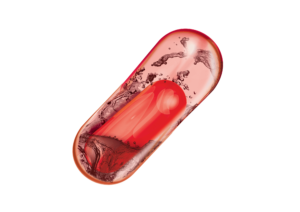 Some capsules are designed with special technology to make the medicine go into the body right and protect its active ingredients. Breaking these capsules can mess up this technology. It can change how the drug works or make the strong parts of the medicine go into the body too soon. This can change how well the drug works and can even make it unsafe.
Some capsules are designed with special technology to make the medicine go into the body right and protect its active ingredients. Breaking these capsules can mess up this technology. It can change how the drug works or make the strong parts of the medicine go into the body too soon. This can change how well the drug works and can even make it unsafe.
Does Dividing the Capsule in Half Make It Less Effective?
Capsules are delicate little packages. How much they can handle depends on the medication inside and how they're made. Some meds won't be affected at all. Others might not work as well or could even be bad for your health. So, why does this happen?

Some drugs are sensitive to things like heat, moisture, and humidity. If you take them out of the controlled environment of the capsule, they could get contaminated. And it would make them less effective or even useless.
Dividing capsules may have bad influences. Here are some of them:
- Opening certain capsules can alter the drug's absorption rate. This can sometimes lead to a rapid and excessive absorption, potentially resulting in a dangerous overdose.
- Some medications are sensitive. They need protection from the stomach to be able to reach the intestines. Otherwise, the drug might be digested too soon in the stomach. This would cause poor absorption and an insufficient dose.
- Splitting sustained-release capsules can disrupt their intended mechanism. This can lead to a rapid release of the drug. A rapid release of the drug could cause an overdose. An overdose could negate the benefits of the controlled-release formulation.
- Some medicines are sensitive to light, moisture, or even the food or drink they are mixed with after the pill is opened. When this happens, the medicine can lose its effectiveness.
How Do You Decide If You Should Split the Capsule in Half?
Sometimes, splitting a capsule may seem like a good ides. However, you should carefully consider its benefits and risks. Below are some common situations where splitting a capsule might be useful.
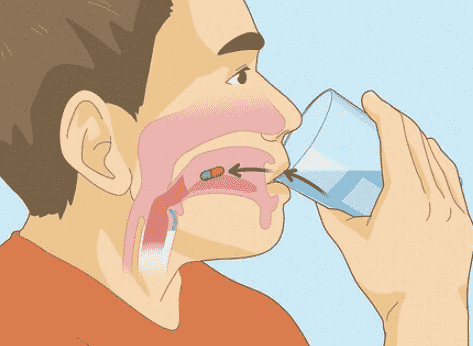
1. Medication costs
Some medications, especially imported or specialized drugs for rare conditions, may cost a lot money. In this situation, your doctor might suggest dividing capsules to help you last longer.
2. Difficulty swallowing
Young kids often need smaller doses of medicine than adults. If a single capsule contains too much medicine for a child, you can consider splitting it. But only if a doctor is watching closely.
3. Medicine potency
Some capsules contain small amounts of very potent ingredients. If a patient needs a very low dose, they may choose to split the capsules.
4. Medication combining
In veterinary medicine, a pet or livestock might need to take more than one medicine at a time. So, the veterinarian might need to split capsules to give the correct dosage for each medication.
The Bottom Line
Splitting a capsule can be a useful way to manage medication dosing in certain situations. Understanding how to do it correctly can help you make informed decisions when faced with the challenges we've mentioned. But remember, it's not a substitute for professional medical advice. If you have further concerns, don't hesitate to consult your doctor.
Leave your comment
Also Offers
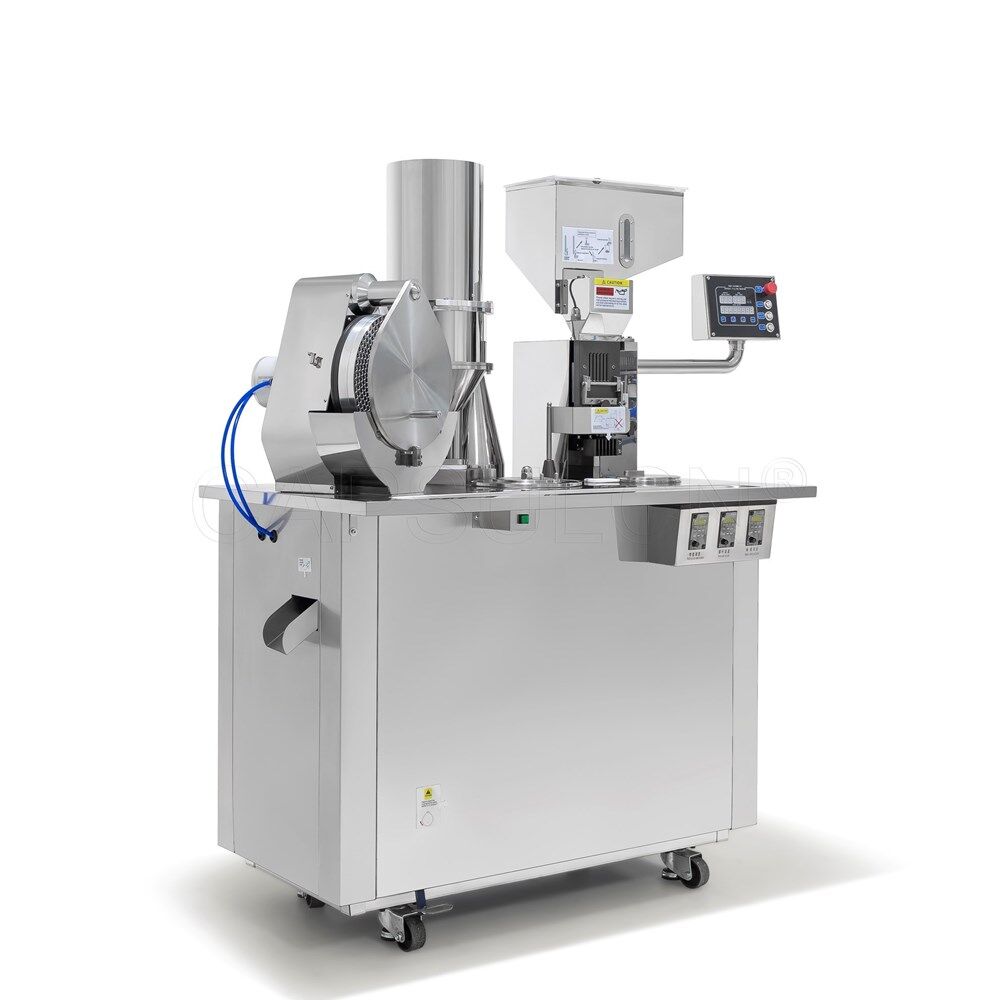
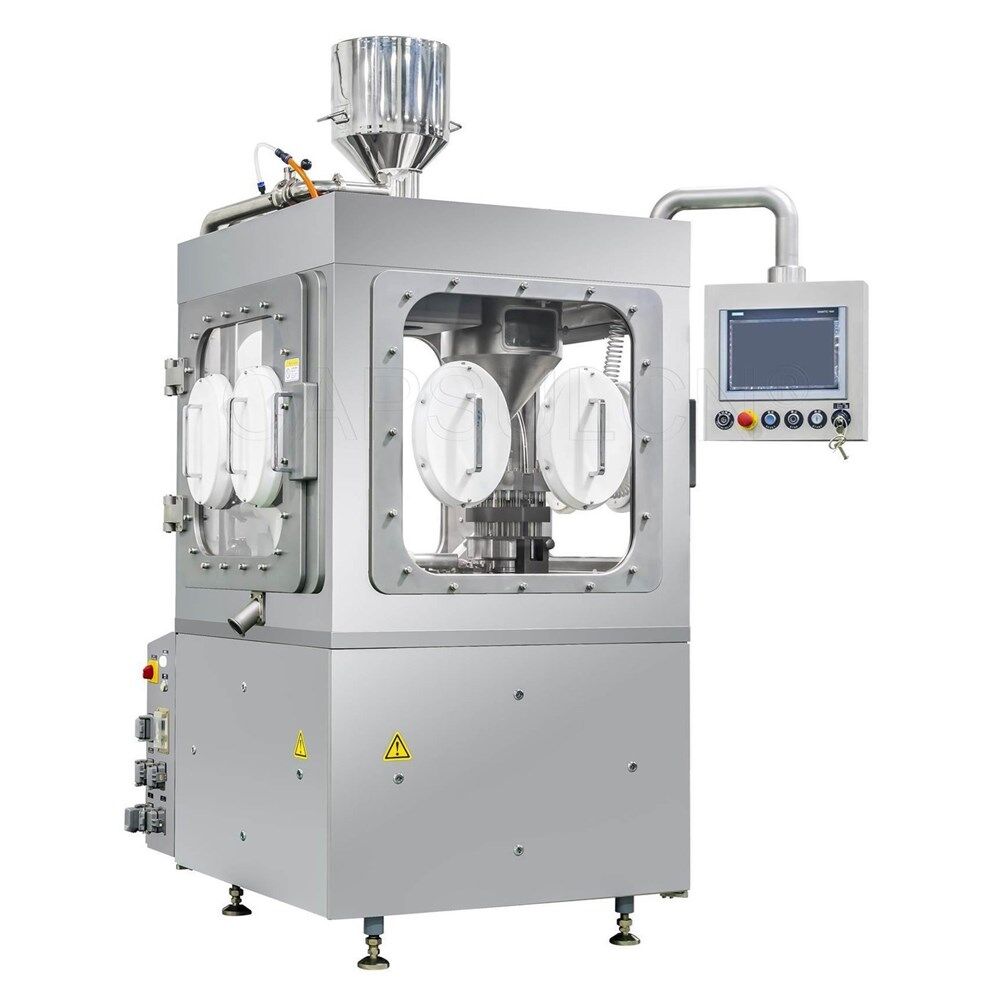
Containment Automatic Capsule Filling Machine SFK-703
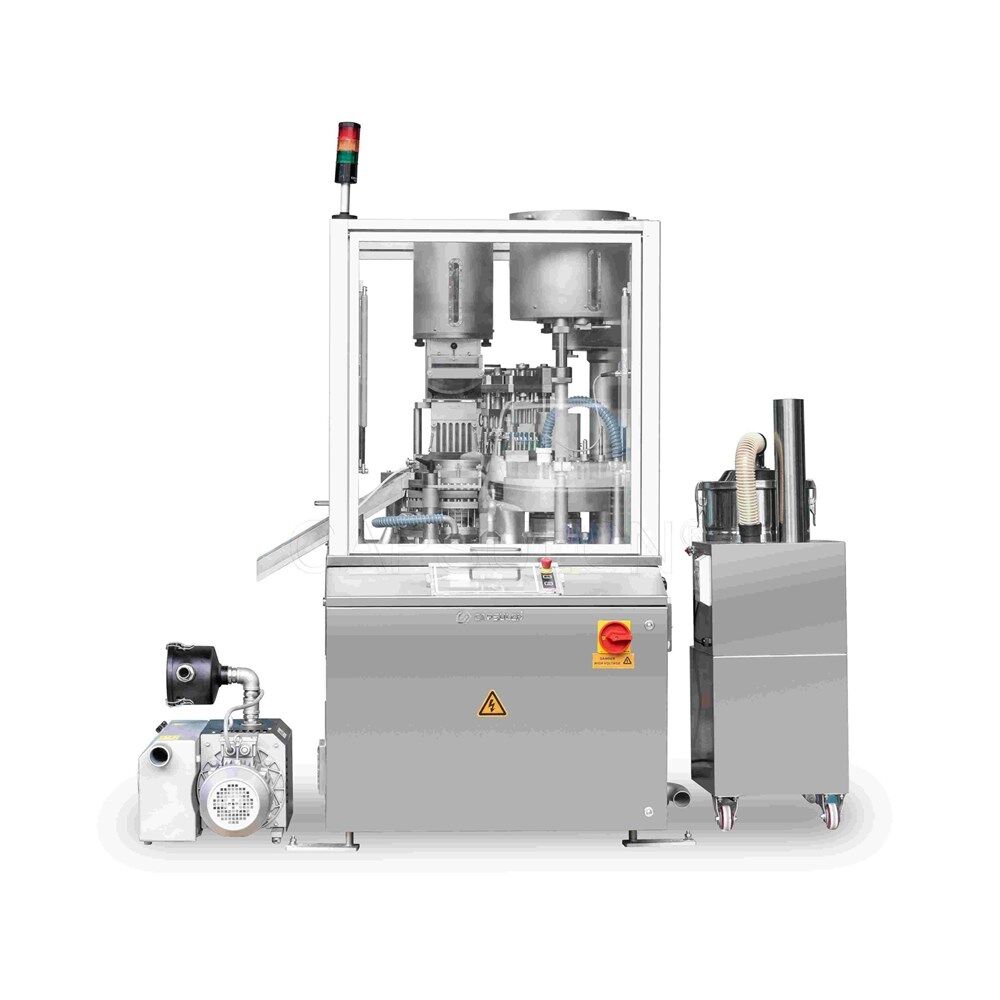
Fully Automatic Dosator Capsule Filling Machine CZ-40

Our Team
As an expert in the pharmaceutical and pharmaceutical packaging industry, iPharMachine has provided solutions for hundreds of pharmaceutical and health product manufacturers for 17 years. By visiting customers, we get good reviews from our customers.
- info@ipharmachine.com
- English Español Deutsche
